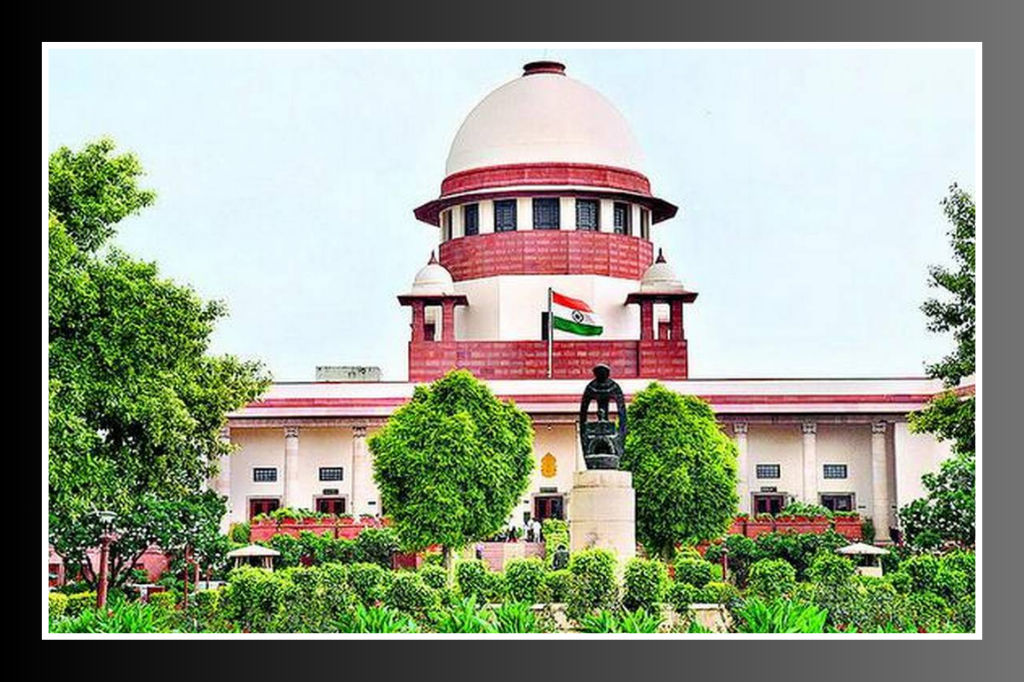The Supreme Court on Thursday, November 20, delivered a landmark advisory opinion that settles long-standing questions about the powers of Governors and the President in dealing with state legislation. A five-judge Constitution Bench responded to a 14-point Presidential Reference sent by President Droupadi Murmu, providing clarity on how Articles 200 and 201 should be applied when Bills are presented for assent.
In its ruling, the Court held that a Governor cannot indefinitely withhold assent to a Bill. Any prolonged, unexplained or indefinite delay in taking a decision may invite limited judicial scrutiny. At the same time, the Court emphasised that while Governors are expected to act on the aid and advice of the Council of Ministers, the function of granting assent contains a degree of constitutional discretion.
The Bench clarified that under Article 200, a Governor has only three options when a Bill is presented: grant assent, return the Bill to the legislature with comments, or reserve it for the President. The idea of a Governor simply withholding assent without acting was rejected. The Court also refused to impose fixed judicial timelines for Governors or the President, saying that the Constitution’s use of the phrase “as soon as possible” reflects deliberate flexibility.
The judges further ruled out the concept of “deemed assent,” affirming that a Bill becomes law only after the Governor’s or President’s formal approval. Immunity granted by Article 361 shields them personally, but does not protect the office from review in cases of inaction. Importantly, the Court said that the President is not required to seek the Court’s opinion every time a Bill is reserved; consultation under Article 143 remains discretionary.
Overall, the ruling aims to prevent constitutional deadlock and ensure smoother coordination between elected governments, Governors and the Union government in the legislative process.







